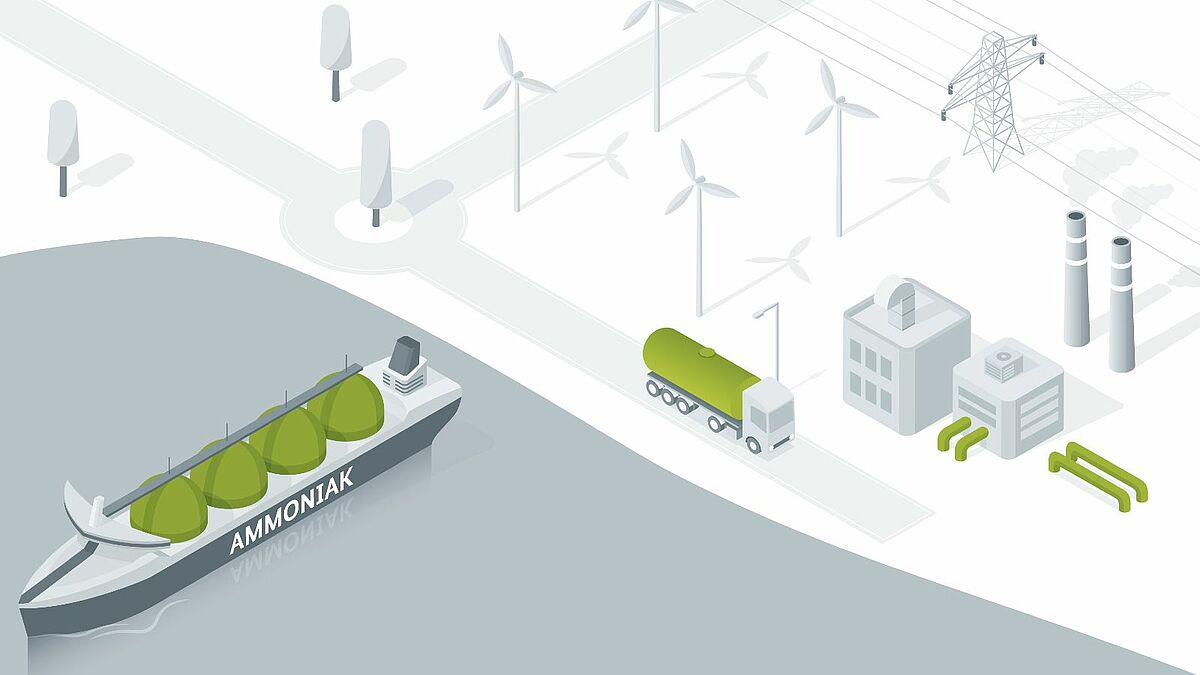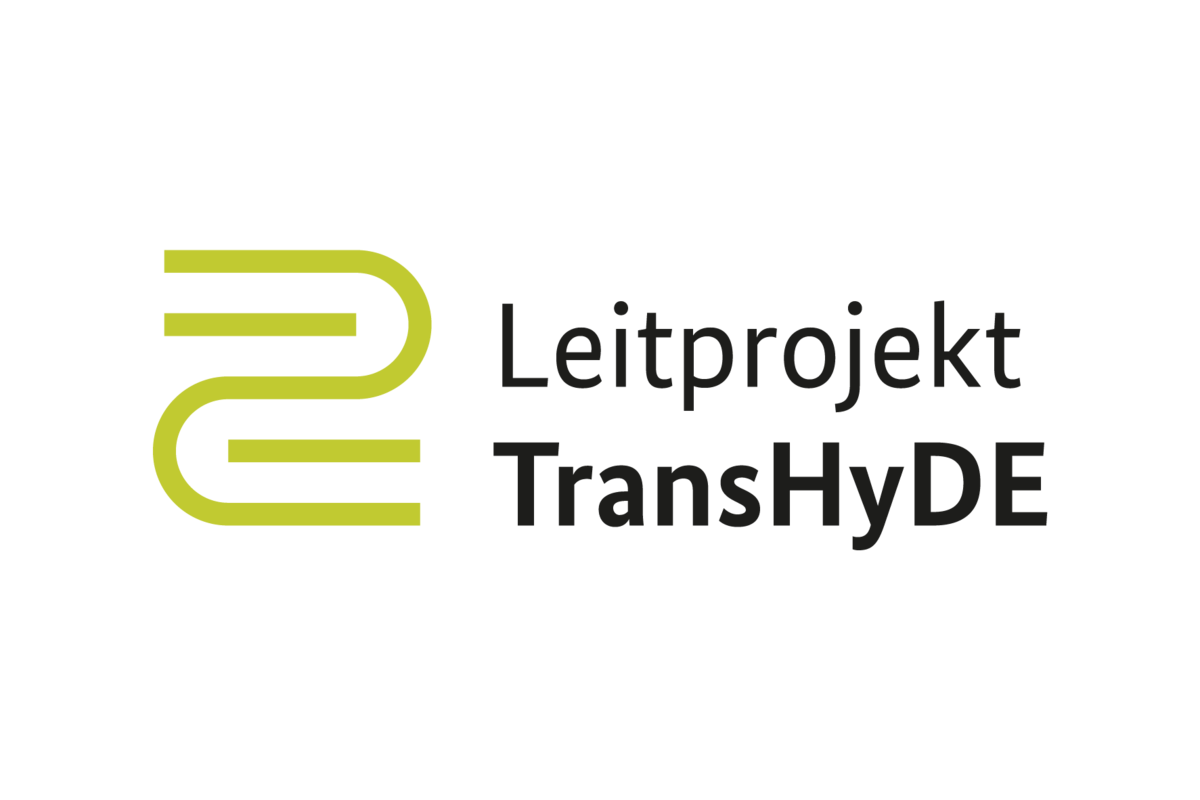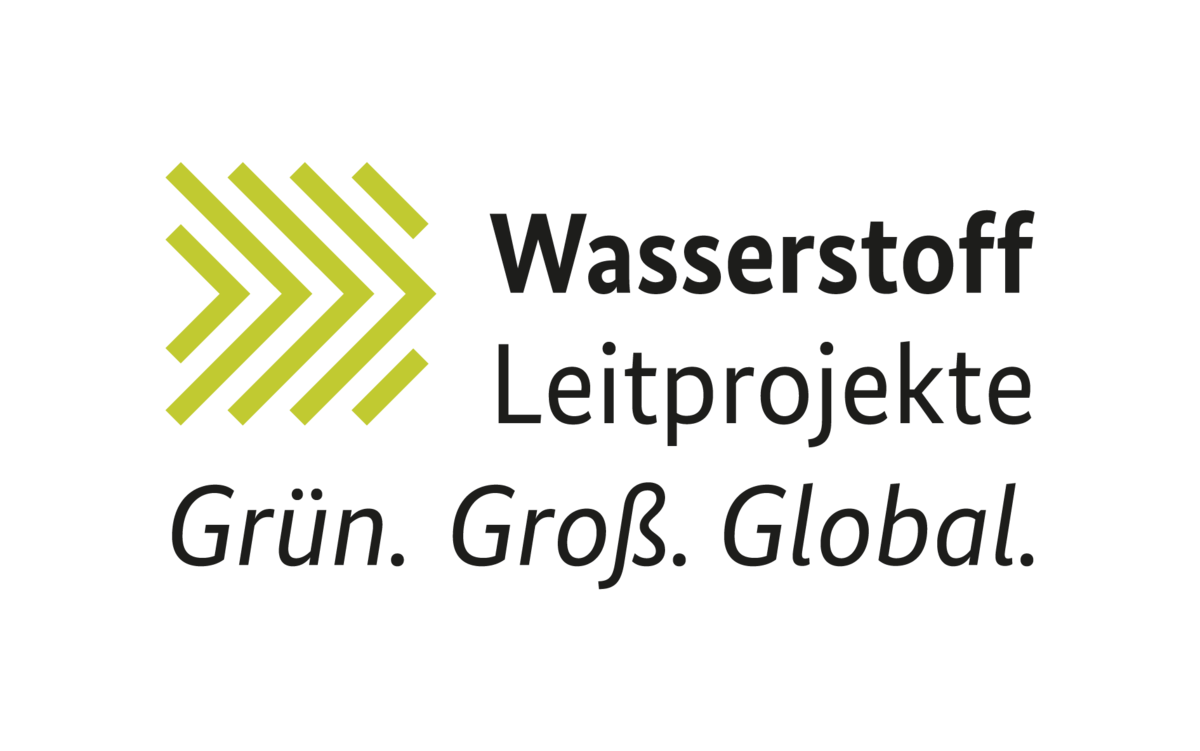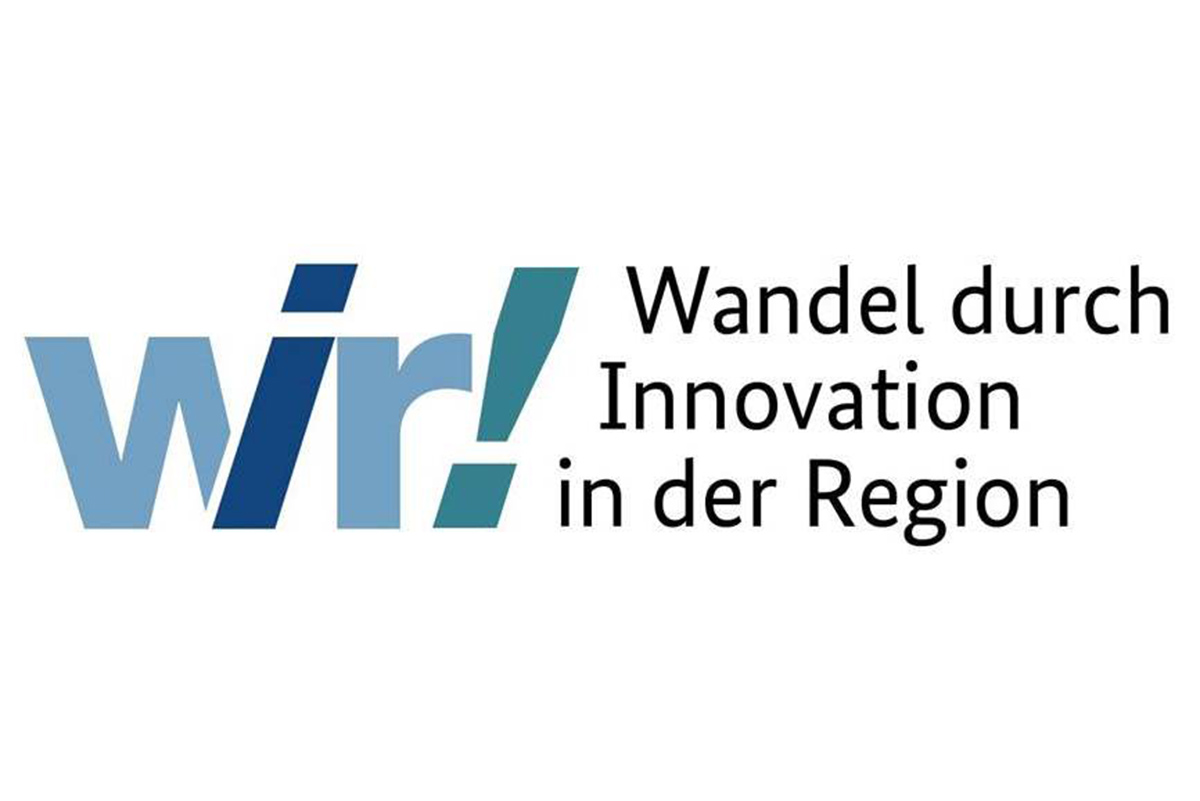CAMPFIRE
Numerical and experimental analysis of an NH3 cracker engine propulsion system for inland waterway vessels with internal combined heat and power generation
Project objectives:
The implementation project CAMPFIRE - Ammonia TV CF08_2.3 is part of the joint project TransHyDE.
The aim of the sub-project CF08_2.3 is the numerical and experimental analysis of a novel combustion concept for a heavy-duty NH3 gas engine in preparation for coupling with an NH3 cracker. The aim is to create the basis for the suitability and subsequent use of the system in an inland vessel as a functional model in a subsequent project phase. The analysis of the individual processes and the system behaviour is carried out by means of a methodical screening of different solution approaches up to the final test setup in an operationally relevant environment. First of all, the design of the 1-cylinder research unit at the partner University KIT and the experimental analyses to be carried out are derived jointly. The results from the expert experimental work at KIT are jointly evaluated for their transferability to the full engine. In a further step, a new type of NH3/H2 full engine will be built for laboratory operation and the test operation will be managed at the Campfire Open Innovation Lab (COIL) in collaboration with the partners. Further work in this sub-project is aimed at providing technical support for the construction of the test unit (engine-generator-cracker battery) and planning/consultancy for the construction of the laboratory infrastructure and the integration of the test system at the test site.
The hydrogen flagship projects are the largest research initiative of the Federal Ministry of Education and Research (BMBF) to date on the subject of the energy transition. In the industry-led flagship projects, industry and science are jointly developing solutions for the German hydrogen economy: series production of large-scale electrolysers (H2Giga), production of green hydrogen at sea (H2Mare), technologies for the transport of hydrogen (TransHyDE). The hydrogen flagship projects are the result of an ideas competition: science, industry and civil society were invited to submit ideas for large-scale hydrogen projects. Over 240 partners came together and are to be funded with a total of around 740 million euros. The projects were launched in spring on the basis of non-binding funding prospects. The flagship projects will be funded over a period of four years. Further information can be found at https://www.wasserstoff-leitprojekte.de.
Project website:
www.wasserstoff-leitprojekte.de/leitprojekte/transhyde
wir-campfire.de/cf08_2-nh3-schiffsmotor/
Funding organisation: BMWF / PTJ
Project duration: 01.04.2021 - 30.03.2025
Funding volume: € 1,404,180.56
Responsible Colleagues:
Project partners:
Liebherr Elektronik GmbH
Karlsruhe Institute of Technology (KIT)
Centre for Fuel Cell Technology GmbH
Schiffsdieseltechnik Kiel GmbH
Research Centre for Combustion Engines and Thermodynamics Rostock GmbH (FVTR)
Leibniz Institute for Plasma Research and Technology e.V.
Automation & Software Günther Tausch GmbH
GasKraft Engineering
Institute for Safety Engineering / Ship Safety e.V., University of Rostock





